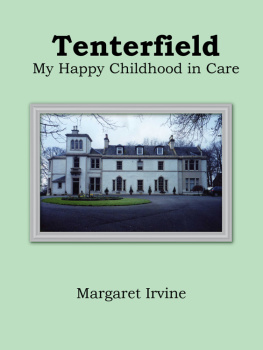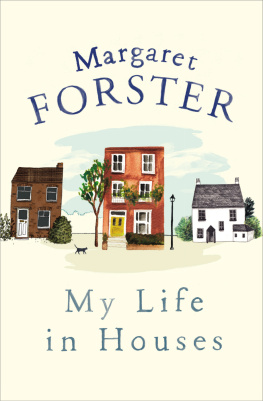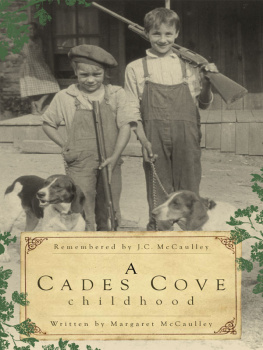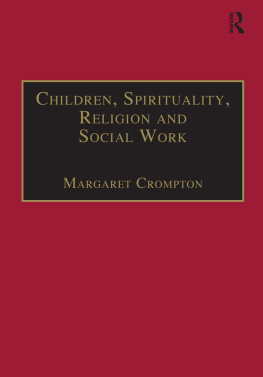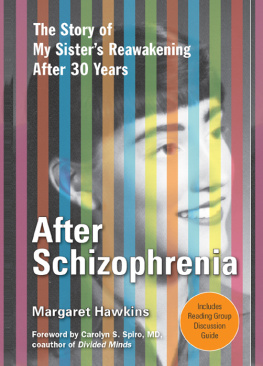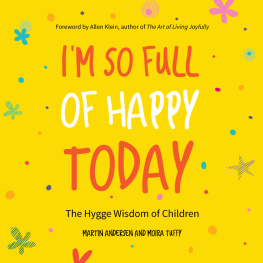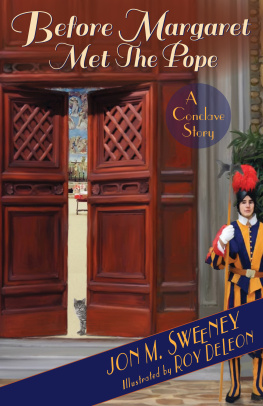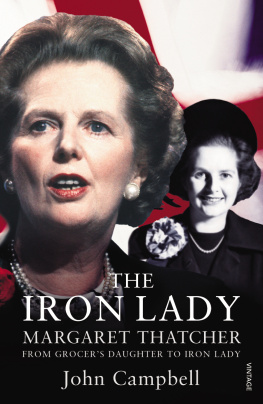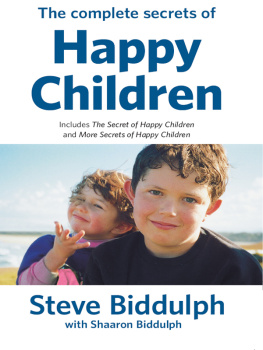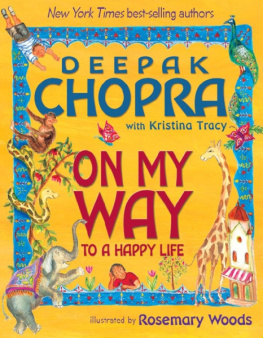Tenterfield
My Happy Childhood In Care
by
Margaret Irvine
Fledgling Press 2011
Copyright Margaret Irvine 2010
The right of Margaret Irvineto be identified as the author of this work has been asserted by her inaccordance with the Copyright, Designs and Patents Act, 1988.
First Published in printedition by Fledgling Press 2010
All rightsreserved. No part of this publication may be reproduced, stored in a retrievalsystem or transmitted in any form or by any means, electronic, mechanical,photocopying, recording or otherwise, without the prior permission of FledglingPress Ltd,
7 Lennox St. , Edinburgh , EH4 1QB
eBookPublished by Fledgling Press, 2011
www.fledglingpress.co.uk
eBook format ISBN9781905916443
Paperback format ISBN9781905916269
Publishers Foreword
Imagine you had 39 brothersand sisters. Childrens homes and their staff are better known nowadaysfor the sad cases when things go wrong.
This honest and direct memoiris a wonderful reminder of how good things could be, with loving and caringstaff helping children whose own families had come unstuck.
Margaret was the youngest oftwelve, and her delightful story tells how good an upbringing she had under thecare of Miss Martin and the excellent staff of Tenterfield House, with strongsupport from the local community.
Read it and I think you willsoon see why we decided to publish it.
Zander Wedderburn, FledglingPress
Tableof Contents
I was born in Edinburgh onthe nineteenth of November nineteen forty six, the youngest of twelve children,to John and Josephine Irvine nee Horne. After leaving Simpsons MaternityHospital based at the old Royal Infirmary in Edinburgh I was taken to thefamily home in Park View, Prestonpans, East Lothian. I can only look backnow and imagine how difficult life must have been for my mother especiallyhaving no help from my father. I never knew him. I remember one of myolder sisters Nancy telling me all about my father and from what she toldme he seemed to spend most of his time drinking in the local pubs.
As I was born just after thewar, food was scarce and there were no Social Security benefits available asthere are today, so you can understand why life became difficult for some verylarge families like ours. When I was around two years old our family wasbrought to the attention of the local authorities as we (the younger children)were often found wandering the streets while our mother searched the local pubsfor our father, trying to find him before he spent all his money ondrink. She needed money for food and heat but it was a regular occurrencefor her to have to go looking for him.
As the authorities were onthe way to collect us seven younger children my sister Nancy took me into ourgarden and rolled me up in an old carpet in an attempt to hide me. Shewaited until I fell asleep and then went inside to wait for the Welfare Officersas they were called then. When they noticed one child was missing theyasked Nancy where I was but she refused to tell them; however thankfully I wasfound. She always told me that she had wanted to keep me. We wereall placed in the Childrens Shelter in Edinburgh until a suitable childrenshome could be found to accommodate us. At the same time we were madeWards of Court, which meant that we would not see our parents again until wewere very much older and able to decide for ourselves whether we wanted to seethem. Our parents received a letter from the authorities regarding thedecision.
Tenterfield House - achildrens home - was found in Haddington, East Lothian, not far from Prestonpans. I dont remember anything at all about the Matron who ran the home when wefirst arrived but when I was about four a new Matron Miss Martin tookcharge of Tenterfield. My older brother Angus tells me that the previousMatron was never as nice as Miss Martin and that she left quite abruptly. He also remembers that she was quite young, perhaps around twenty five andengaged so perhaps this was the reason she left. We were one of the firstfamilies in Tenterfield after it was taken over by the now defunct Midlothian,East Lothian & Peebles County Council .
The new Matron was here and Idid not think much of her looks or appearance. She wore a grey pleatedskirt and jacket, pink shirt and tie and black lace up shoes and also had veryshort hair. I thought to myself What do we have here? but my fears weresoon allayed. Miss Dorothy Kathleen Martin was born in nineteen hundredand six in Chelsea, North London. Her father was Lionel Walker BirchMartin, the co-founder of the Aston Martin car group. Miss Martin did nottalk much about her father only saying that he liked to race cars and won manytrophies. As we children became more comfortable with Miss Martin wewould ask her questions about her childhood.
One particular question weliked to ask was why did she want to look after this ever-growing family ofchildren. Her reply was that as a child she had had a Nanny and on one ofher daily walks with her Nanny she had met a large group of children from thelocal childrens home being taken for a walk also. She had asked herNanny why the other Nannies had so many children with them and when it wasexplained to her that these children did not live with their parents shedecided there and then that she would look after all the children in theworld. We were the lucky ones who did receive the privilege of beingcared for by this wonderful woman.
Miss Martin had been giventhe authority to pick her own staff and along came Miss Florence McDean whom werenamed Mackie or Nanna Dean to the younger children. There was alsoMary who was a gem too. Both Mackie and Mary had worked with Miss Martinin North Berwick. We also had other staff to help with our care domestics, laundry staff, a cook and a sewing lady had all worked in the homeprior to Miss Martins arrival and they stayed on and worked with her. Thegardener Mr McLaren lived in a tied cottage in the grounds. They were allto play a big part in my upbringing. As I became older questions such asDo I have parents? and If so why was I in Tenterfield? occurred tome. Miss Martin would sit me down, often on her knee, and explain my pastto me in a way that I as a child could understand. She told me about thecircumstances my parents had been in and how it was not suitable for childrento be brought up in that way. She would also say that we were the luckyones to have been taken out of such hardship and to have a chance of a muchbetter life. Miss Martin also made it clear to me that this was not ourfault and if necessary she would remind me of my parents situation. Shewas always there when you needed her.
We all became known as MissMartins children never children from Tenterfield Home and we all loved thisfact. We were brought up to always respect our house and ourselves and ofcourse, each other.
Once I remember some of usolder children going for a cycle run under Mackies supervision. Wecycled so far that we all got lost and Mackie phoned home to let Miss Martinknow. She was not too impressed with the situation and informed thepolice who found us and escorted us home safely. Mackie was told thatunder no condition must she do that again! And of course she didnt.
Mackie was also a veryartistic person; she drew many pictures for the younger children and they wouldpaint in the colours. The older children would also try and draw justlike her; Im afraid I wasnt one of them but many a child did learn to drawwell. Miss Martin always said all children are good at something as longas they are given the opportunity and she made sure that we were givenopportunities. In the evenings when the weather was bad the playroom wasa hive of activity. The older children did basket weaving and I enjoyedthis very much. The weaving material would have been soaking in the bathfor hours, and we would take it from the bath, give it a good shake and runwith it dripping, all the way downstairs to the playroom, shaking it over eachother. We would arrive at the playroom and begin weaving but only if wewanted to. If we didnt we could read or do something else to amuseourselves in the playroom.
Next page
